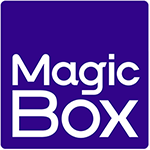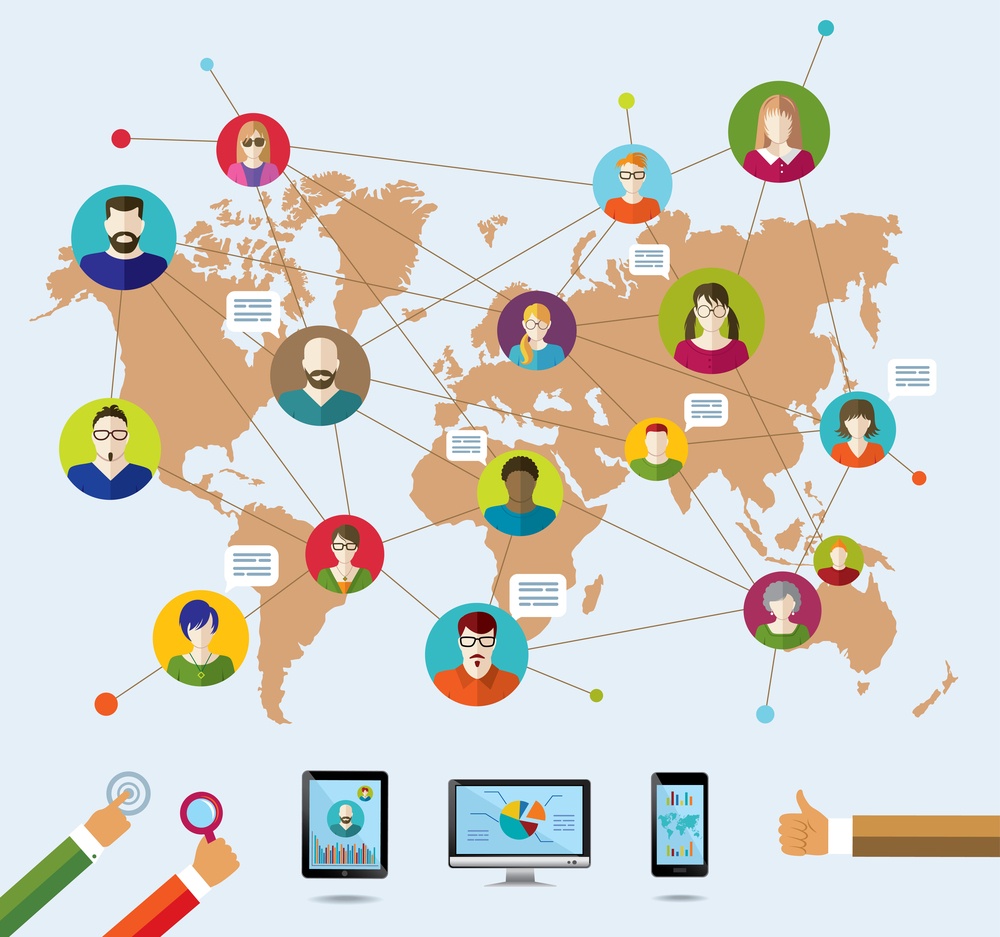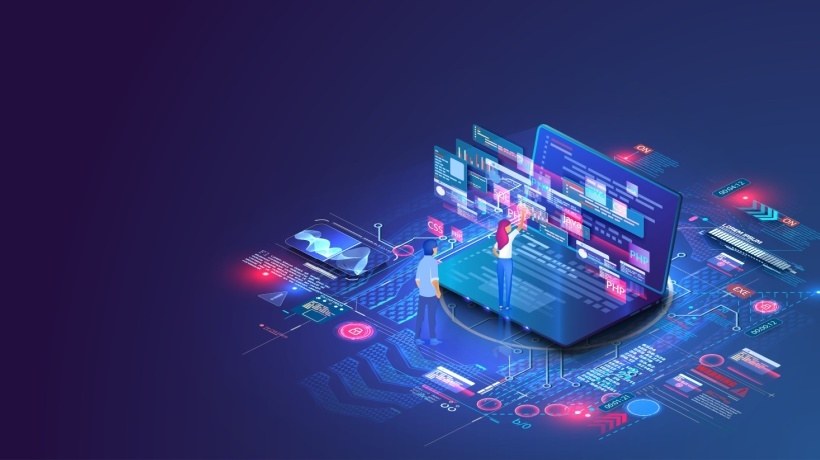The Role Of Online eLearning Platforms In Education
Access to quality education drives empowerment, sustainable economic growth, and reduced inequity and inequality, says the open-source think tank FutureAgenda. It advocates for making meaningful information, and the tools to apply it effectively, accessible to every child. Teaching methodologies must transform to realize this vision of creating opportunities for every individual to become an informed and responsible social citizen. For this, pedagogy needs to become more sustainable and scalable. However, traditional learning fails to achieve UNICEF’s mission of making equitable and inclusive education accessible to every child [1]. With a focus on grades or job procurement at the most, educational myopia is slowing the progress toward empowering every individual to exercise their right to education. This is where online eLearning platforms can help drive the achievement of education goals by enhancing learning experiences and outcomes.
What Is Educational Myopia?
The broader goal of education is to equip every learner with the skills and knowledge to thrive in an ever-changing world. These individuals must then be able to contribute to making the world a better place and fueling progress. Most importantly, they must be able to utilize their full potential for their own and society’s benefit.
However, the limitations of traditional education have led educators and educational publishers to adopt myopic practices. One-size-fits-all teaching techniques, fixed curricula, and inflexible assessments and rubrics limit students from reaching their full potential. Further, the 2025 vision for education includes fostering a love for continued learning, self-driven education, and upskilling to remain active in the workforce. Unfortunately, traditional education fails miserably at this.
Digital Learning Platforms: The Corrective Lens To Myopic Educational Vision
Education is transitioning toward micro-credential-based and competency-focused learning to meet the needs of a digital, interconnected, and AI-equipped world. Online eLearning platforms offer novel opportunities for refining teaching-learning practices, content authoring, assessments, and feedback. They give education a new perspective, beyond the traditional classroom format. For instance, facilities such as blended learning, distance education, and assistive technologies make quality education more accessible, irrespective of learners’ or teachers’ physical location and abilities. Some of the most beneficial improvements in teaching-learning experiences provided by online learning platforms are:
Personalized Learning
Digital learning platforms that facilitate personalization are a boon for educational institutions. Artificial Intelligence (AI)-powered analytics empower educators to understand individual learning behaviors and areas for improvement to recommend ways to strengthen academic performance. Refined learning paths and course materials augmented with assistive technologies further personalize the learning experience. Personalization bolsters engagement, while learning goals aligned with individual needs allow learners to proceed at their own pace.
Course Development
With deeper insights into individual learning needs, AI-assisted course authoring tools empower publishers to create and distribute flexible and modular course materials. Digital learning platforms, powered by AI, help course authors and publishers leverage diverse formats, such as audio, visual, and experiential learning. They also allow the creation of assessments with a wide variety of question formats to assess more than just memory. Teachers can evaluate critical skill acquisition, concept application, cognitive development, and much more to gauge a student's progress holistically.
Teaching Methodologies
Teachers can ensure improved academic outcomes through diverse content formats and tools to improve learning delivery. In addition, the automation of administrative tasks, such as grading, attendance, feedback, and questionnaire development, leaves more time to focus on the learning needs of their students. Online learning platforms offer deeper insights into students’ learning progress. Using these, teachers can refine their teaching strategies to drive better knowledge and skill acquisition for all learners. Also, education decision-makers can leverage data-based insights to make informed decisions regarding educational goals, policies, and desired learning goals.
Toward The Future With Online eLearning Platforms
Strides in Augmented Reality/Virtual Reality will make learning more experiential and immersive, while wearable technology will foster mobility [2]. These will enable access to real-time tailored guidance in inclusive and accessible learning spaces.
Macroscopic vision and foresight are critical to realizing the vision for education through 2025 and beyond. Strategic adoption and use of online eLearning platforms can be pivotal in educational transformation. As the fourth industrial revolution accelerates the pace of change and interconnected digital technologies make it possible, education needs to be proactive to develop a future-ready workforce and foster complex value-creation systems [3].
According to UNESCO, "Education has the most transformational potential to shape just and sustainable futures." To stay relevant in the increasingly complex and rapidly evolving education landscape, EdTech and educational institutions must embrace strategically designed personalized learning platforms and digital learning solutions. Harnessing the power of technology to encourage digital systems thinking and leverage strategic intelligence in the best interest of learners and the society is imperative. While governments prioritize access to digital devices and the internet, you must be prepared to meet learners’ needs from emerging markets.
References:
[1] Education
[2] 10 Trends in Education Technology That Will Have A Major Impact in 2024










